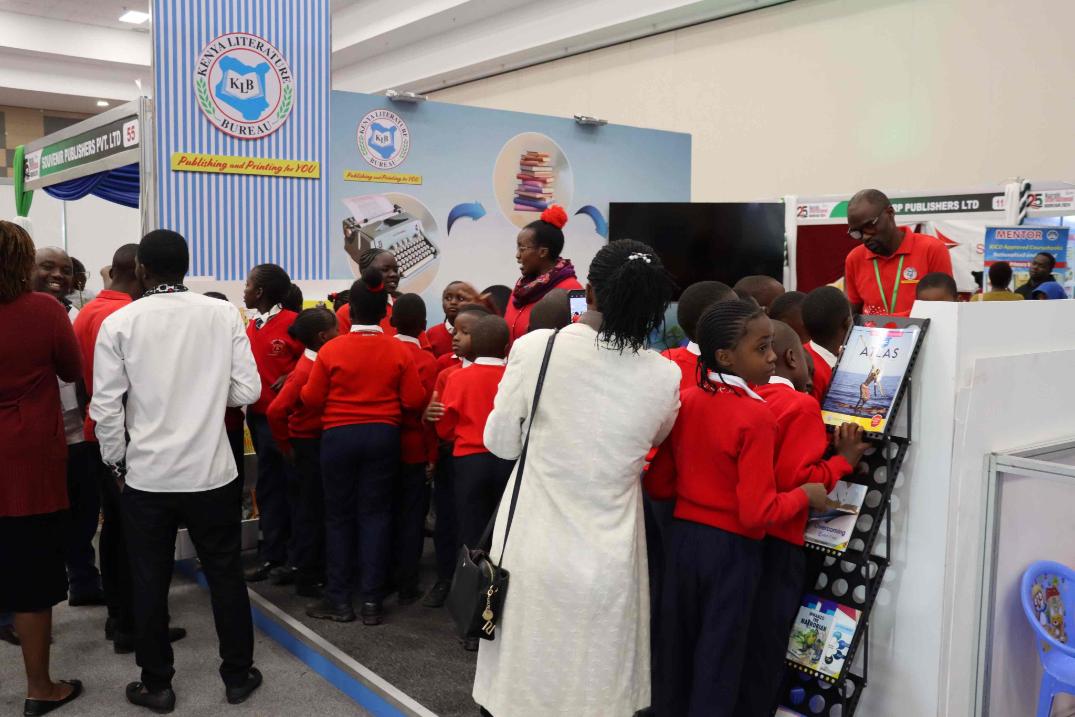Public schools receive wrong, late or no textbooks in Sh27.9 billion scheme

In some cases, schools received textbooks for subjects not offered in their curriculum, leading to a waste of Sh30.3 million.
A special audit by Auditor-General Nancy Gathungu has uncovered a major scandal involving textbook procurement at the Ministry of Education, revealing that taxpayers may have lost more than Sh540 million due to irregularities in disbursement, distribution, and planning.
The audit focused on capitation and infrastructure grants issued between the 2020/21 and 2023/24 financial years and found major faults in how textbook funds were managed.
It points to weaknesses in how the State Department for Basic Education transferred funds to the Kenya Institute of Curriculum Development (KICD), which is responsible for procuring and distributing textbooks to schools.
According to the report presented to the National Assembly’s Public Accounts Committee, the State Department disbursed Sh27.9 billion to KICD over the four-year period.
However, KICD records show that it received Sh28.2 billion, creating a discrepancy of Sh378 million that remains unexplained.
“The SDBE did not disclose or provide the criteria used in transferring the textbook capitation funds to KICD. The rate per learner for the textbooks was also not disclosed. Further, KICD did not include procurement of textbooks in its procurement plan,” the audit states.
The audit established that Sh458.2 million was lost due to improper utilisation of textbook funds.
It uncovered that textbooks worth Sh295.6 million were never delivered to hundreds of public schools, despite being listed in distribution records.
A sample of 442 secondary schools, 339 junior secondary schools, and 336 primary schools revealed massive inconsistencies between the books delivered and those expected based on enrolment figures from the National Education Management Information System (Nemis).
The audit showed that publishers delivered fewer books than required under their contracts with KICD.
In some cases, schools received textbooks for subjects not offered in their curriculum, leading to a waste of Sh30.3 million. These included 118 secondary schools, 225 junior secondary schools, and 26 primary schools.
In contrast, some schools were oversupplied. The report shows that 394 secondary schools, 94 junior secondary schools, and 182 primary schools received excess textbooks worth Sh90.8 million, again raising questions on how distribution was planned.
“At the same time, textbooks worth Sh41.4 million were not delivered to 183 secondary schools, 233 junior secondary schools, and 253 primary schools. Comparison of textbooks delivered to schools, as indicated in signed delivery notes, with numbers indicated in the distribution lists provided by KICD established that there were publishers that delivered fewer textbooks,” said Gathungu.
Additionally, a total of 415 secondary schools, 194 junior secondary schools, and 245 primary schools experienced a shortfall in textbook supply, leading to a loss of Sh295.6 million.
The audit also exposed serious delays in delivery. Some books took as long as 37 months to reach schools, with 26 order numbers for secondary schools, 29 for junior schools, and 21 for primary schools flagged for late delivery.
Further, 110 schools had no proper records for tracking the receipt and use of textbooks, teachers’ guides, and other learning materials, making accountability nearly impossible.
The Auditor-General has raised alarm over the widespread gaps in planning, procurement, and distribution, which may have left thousands of learners across Kenya without the necessary materials for learning, despite massive public investment.
